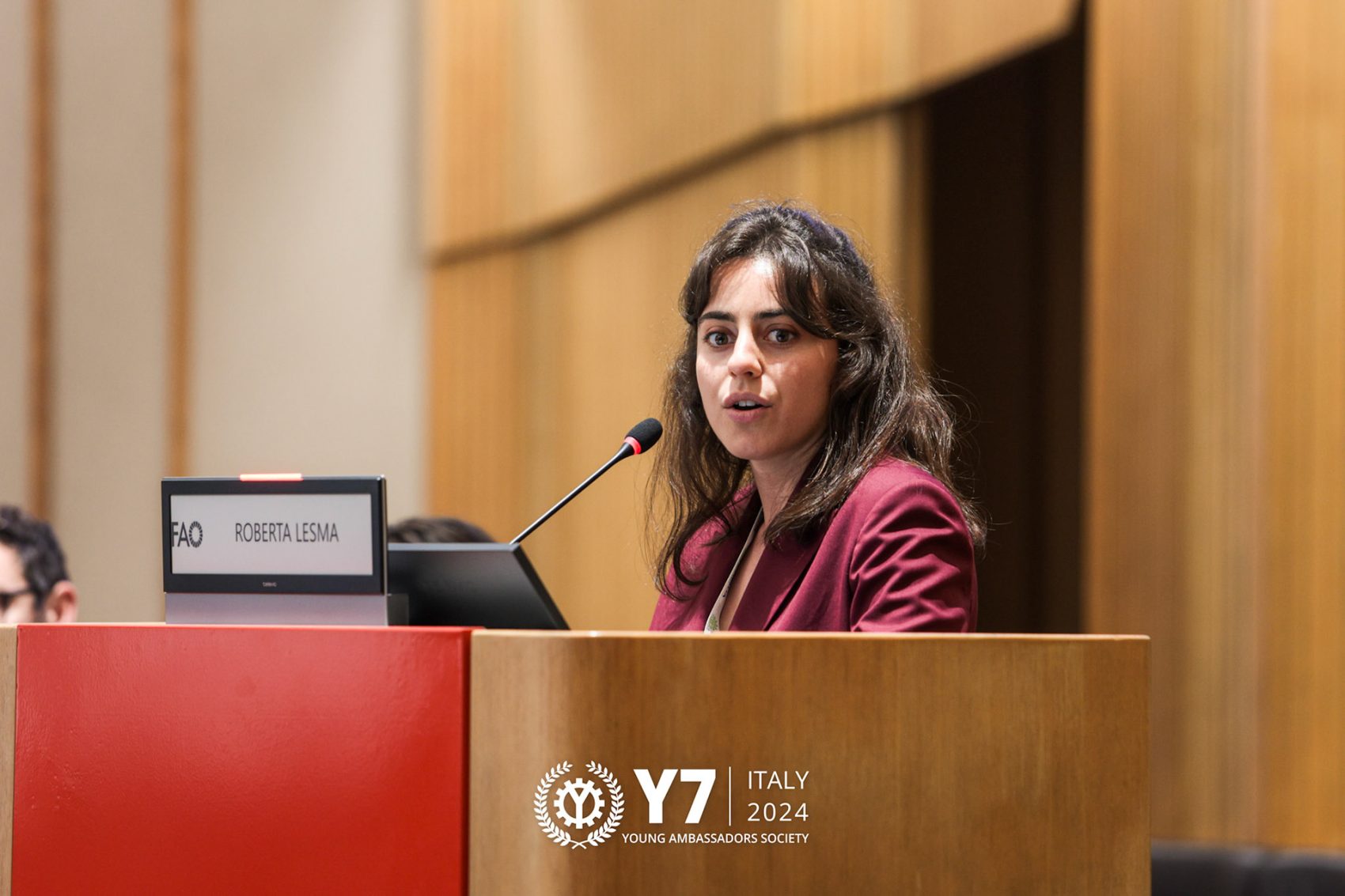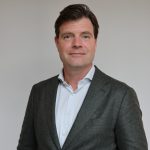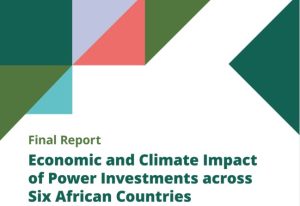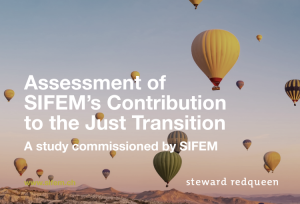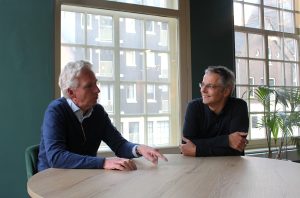Bridging Diplomacy and Consultancy: Lessons from the Y7
Roberta Lesma is a Consultant at the Amsterdam office and a member of the Young Ambassadors Society, an Italian non-profit association and the Chair of the Y7 2024. The Y7 is the official youth engagement group of the G7, providing a platform for young people to share their policy proposals with G7 Heads of State. Since January 2024, Roberta has served as co-Chair of the Inclusion and Equal Opportunities track for this year’s Y7. As Steward Redqueen supported various clients integrating Inclusion and Equal Opportunities in (investment) operations, Roberta was able to leverage her expertise when moderating negotiations among youth delegates. The Y7 concluded with a Summit in Rome from May 20-24th, where the proposals were finalized, and the Communique was presented to the Italian G7 Sherpa. In this blog, she shares insights on key lessons that are crucial in both diplomacy and consulting.
Co-chairing the Inclusion and Equal Opportunities track at the Y7 was a truly unique experience, one that initially seemed far removed from my everyday work as a consultant. However, as it progressed, I discovered parallels between the world of diplomacy and my role at Steward Redqueen.
Negotiations revealed that today’s youth have top priorities that echo our clients’ goals. Four key areas were highlighted for enhancing inclusivity in the G7 countries: crisis management, policymaking and governance, access to essential goods and services, and the labour market. While their policy proposals target governments, it’s clear the private sector also plays a vital role. Companies and financial institutions can significantly contribute by providing affordable housing, bridging gender and racial health gaps, offering better childcare, and promoting inclusivity in all labour market phases.
Negotiations also emphasised that, even in developed countries, inclusion has different meanings. While gender equality tops agendas in some countries, minority groups are emphasised by others. Meanwhile, some countries advocate for enforcing labour market quotas, while those already utilizing them push back, fearing these measures could worsen public perception of already marginalized groups. Overall, each country has a unique social fabric, and striving for inclusiveness loses its meaning without understanding specific socio-economic contexts. Similarly, in my work I see that a one-size-fits-all solution doesn’t work. We need to develop tailored solutions based on a deep understanding of clients’ circumstances, to ensure that our services are effective.
Lastly, the Y7 reinforced a crucial lesson that aligns perfectly with my work: success isn’t about having the most ambitious goals, but about uniting different incentives and perspectives to inspire collective change. Every representative brought strong priorities to the table, knowing not all their wishes would make it into the final Communique. Their willingness to compromise for the greater good was truly inspiring and underscored the importance of collaboration in achieving shared goals, such as the SDGs.
It reminded me of the approach we take when shaping impact strategies for funds. Instead of pursuing the most ambitious strategy, we recommend one that balances conflicting priorities: the CEO’s need for a bold vision, the Impact Manager’s need for evidence, and the Investment Manager’s need for pragmatism. This balance ensures that our strategies are not only ambitious but also practical and achievable, leading to sustainable and impactful outcomes.
In today’s interconnected world, companies and financial institutions must recognize their crucial role within the larger ecosystem. Advancing their goals isn’t just about individual success – it’s about fostering collaboration and working together towards a shared vision. Only through collective effort we can drive meaningful and lasting impact.
